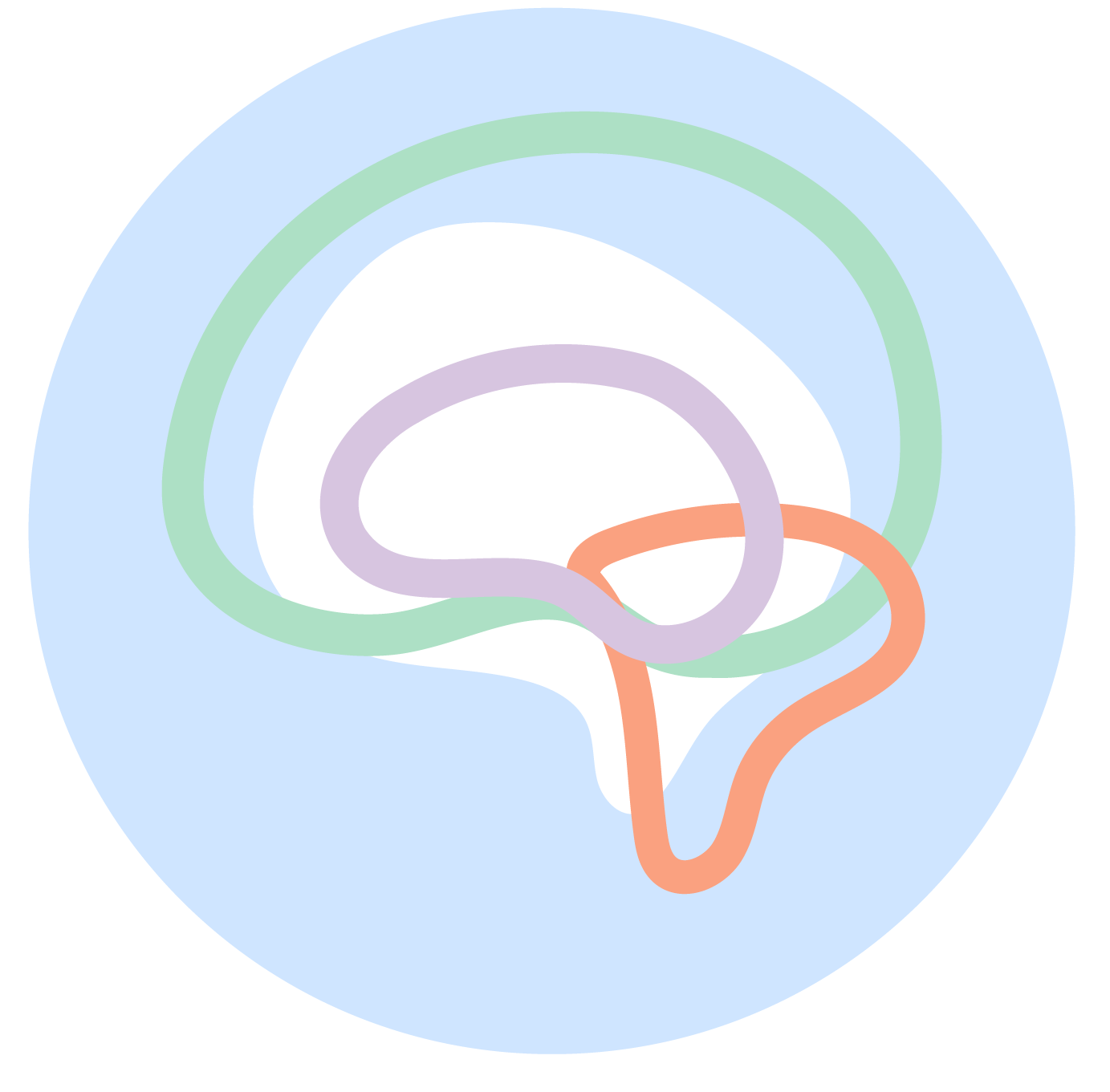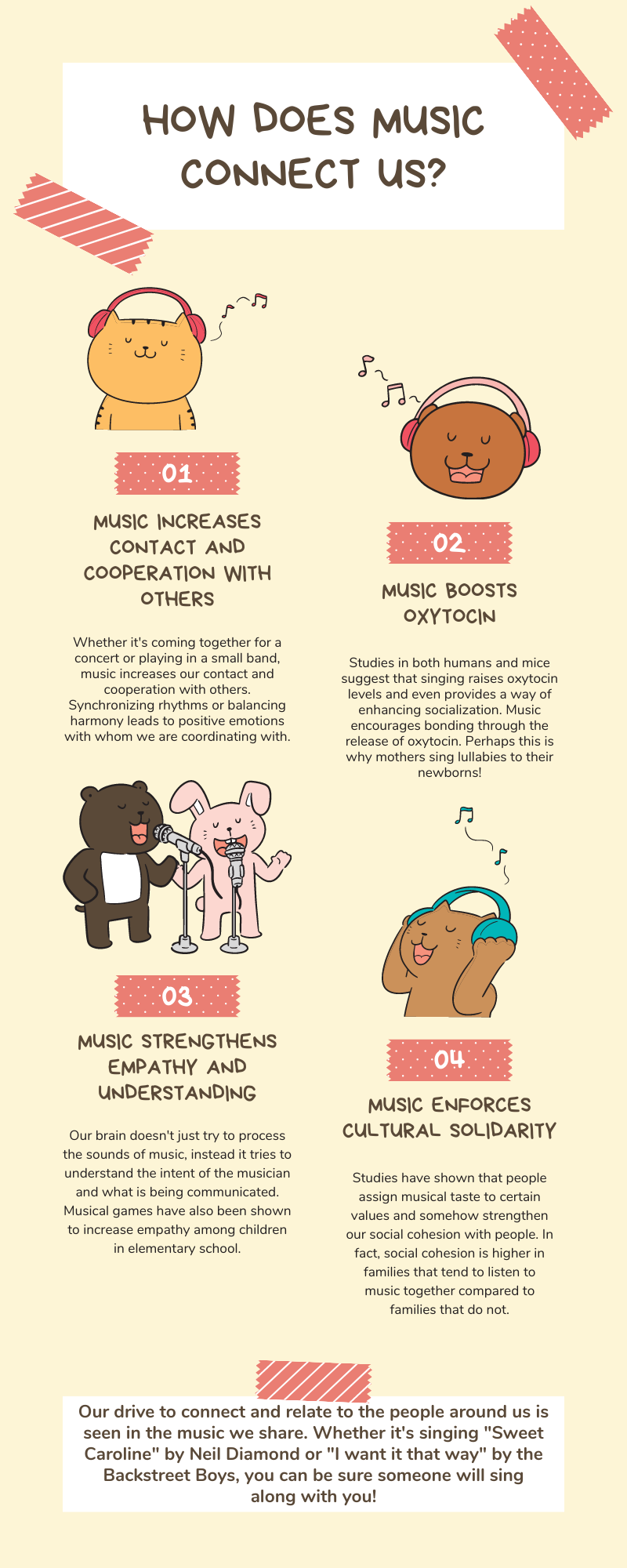Study Playlists for Your Mood: Music for Focus, Calm, and Confidence
Recently, I made plans to study and read in a cafe. After ordering a latte and a sandwich, I chose a seat that became my “base of operations.” As I put on my reading glasses and opened my textbook, I noticed there was so much background noise from all the other cafe patrons. The type of noise that appears from all corners of the room and individual conversations are indistinguishable.
At first, I tried reading through the noise. I’d get to the bottom of the page but then questioned myself on whether I actually absorbed the content of the text. I then thought: maybe I should look for a quieter place to study? Silence must equal productivity, right? I contemplated that thought and looked around. I realized there were countless people also studying or reading, regardless of the environment of loud noises. Could I tough it out with the noise? Rather than move to a different area for studying, I searched YouTube for music to listen to while reading, and came across a video titled “Cozy Reading Nook: Relaxing Ambient Music to Read and Study.” I was surprised with how effective it was in helping me recenter my focus to my textbook for the next 3 hours.
Incorporating music into your study sessions can help with focus, calm, and confidence. Studies have shown that music boosts oxytocin levels, which contributes to elevated mood and confidence. (Harvard) It also has been shown to reduce stress. As school or work assignments become stressful, incorporating music into your study routine can change your study flow.
Here are a few tips for curating the playlist that works best for you.
Look for pre-made playlists online. Often you can find these by searching for “study playlists.” If you want music that is curated for a specific task, try looking for music for reading or for essay writing. There are multiple streaming services to look into: Spotify, Apple Music, YouTube or YouTube Music, Amazon Music, and more.
For FOCUS
A popular example is the Lofi Girl on YouTube.
“Study/motivation” or “study sesh” playlist by My Good Brain on Spotify.
For CALM
Instrumental Songs by Yiruma
“Comfort” playlist by My Good Brain on Spotify.
For CONFIDENCE
“Confidence Boost” on Spotify: “Your pop-powered pep talk. Own it.”
The Science of Well-Being by Dr. Laurie Santos
Having a visual or context of the music (e.g., a performance program) in front of you has an influence on how you hear the music. (The Psychology of Music - Serious Science). It is essential to look for songs that do not pull your focus away from your studying/reading material, or that do not evoke specific memories or emotions in you.
Look for ambient music. Ambient music is “intended to serve as an unobtrusive accompaniment to other activities (as in a public place) and characterized especially by quiet and repetitive instrumental melodies.” (Merriam Webster) This type of music does not have lyrics. (UMGC)
If you need an environment with calmer energy, look for music with low tempo.
Avoid playlists that feature too many advertisements, as these may interrupt your flow of concentration.
Remember: Music works differently for each listener. Try exploring different platforms and music to see what works best for your focus and mood.
Infographic: How does music connect us? Learn more about how music plays a role in our social connection and mental wellness.

